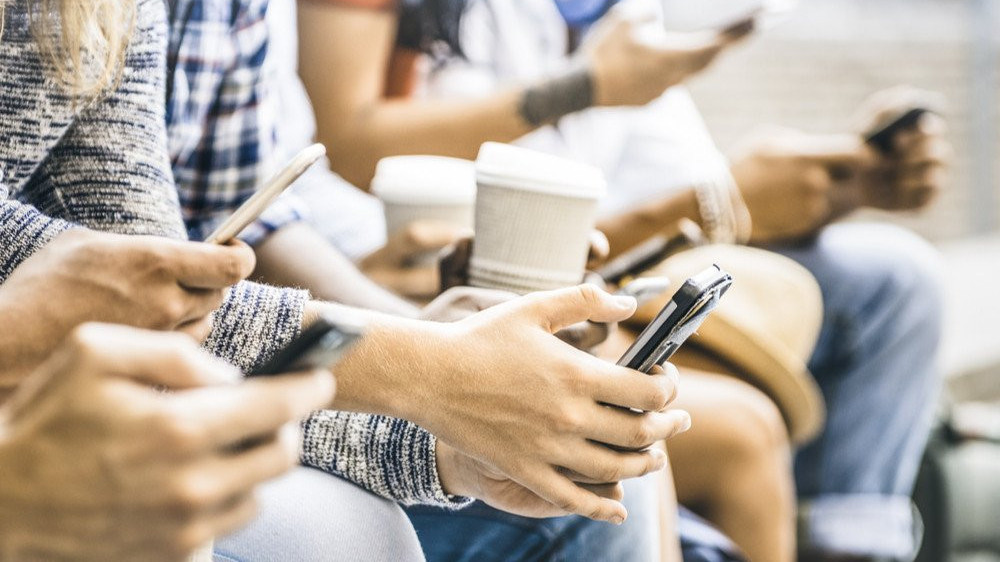Have you been thinking about closing your social media accounts for a while? Do you believe that this will allow you to spend more time with your work, hobbies and other people? You are not wrong at all. Research also supports the view that social media makes us more unhappy. After reading this article, maybe you will start by closing your Instagram account.
2nd
According to current research, getting away from social media provides small but important benefits for human health. As SuperViral.com.au, we offer you the training necessary to manage your company’s social media accounts. You can also make your social media account reliable and impressive by taking advantage of SuperViral online professional social media services. The waste of time it creates and the focus problem it causes are only a small part of the total. According to some academic studies, the social cauldron, where we spend a good time, stay informed, meet new people and gain new information, also makes us unhappy. The research conducted jointly by Stanford University and the University of NY reveals some important results in this regard.
Looks like other dependencies
One of the reasons social media makes us miserable may be that we become “addicted”. In research published earlier this year, more than half of young adults admitted to being addicted to their smartphones, unable to stop looking at social media even while walking. So you want to feel better? Then delete your most used social media accounts!
The reward center in our brains gains momentum when someone likes a photo we post on Facebook, RTs our Tweet, or gets admiring comments on our Instagram post. As experts have said before, the reward system built by Facebook, Instagram, Snapchat, and other similar social media platforms is quite similar to the side effects of gambling or substance abuse. Former Facebook executive Sean Parker likened the idea behind the factor that fuels user interaction to making a “small dopamine injection”.
Fueling fanaticism, increasing conflict
Social media platforms, especially Twitter, are also a very important channel for discussion and public opinion. It is possible to follow the country’s agenda from the TT section. Twitter is a witch’s cauldron on politics, sports, religion, animal welfare, gender, nationality, and all other fragile topics. In this “echo chamber” everyone is in a hurry to find a majority who thinks like them. And the polarization is extreme!
The link between social media use and mental problems, especially among adolescents, has long been advocated by a group of psychologists. Magnetic resonance images of the effect of Facebook addiction on the brain were also published.
Get the drama out of your life!
As with any obsessive behavior, you may rightly think that using it in moderation can lead to a better mood and a general sense of well-being. However, a scientific study cannot end with describing the advantages of completely removing social media from our lives. The study, ” The Well-Being Effects of Social Media, ” conducted by Stanford and NYU, is cited as one of the most rigorous scientific reviews of what people experience after they log out.
The likely positive that logging out will make you feel relatively better is pretty clear: You experience less political drama, you begin to concentrate more effectively, and you spend more time with your partner. On the other hand, it seems that those who log out are less aware of the latest news, but when we think about it again, we can’t think that it is such a negative thing. Especially if you live in a country with a very active economic and political agenda such as Australia, it is inevitable that social media will get its share from this.
Researchers worked with 2,844 Facebook users to track the effects of social media. Then, randomly selected half of these users were asked to freeze their accounts for a month. In order to avoid incompatibility, the subjects were rewarded for their contributions and audited the entire time their accounts were disabled to ensure that the agreement was not violated. How the subjects felt during the cleaning process was regularly followed up by messaging.
Those who closed their account feel happier
In the expressions of the subjects, it was stated that they were happier, they started to enjoy life more, and they saw a significant improvement in feelings such as depression and anxiety. The effects on subjective well-being, as measured by reactions to daily texting, are positive but not very pronounced. In addition, it was seen that 10 percent of the subjects who kept Facebook fasting did not return to Facebook after the research was finished. The research doesn’t deny the obvious benefits of social media. Facebook still makes great sense for those who, despite its frailties, want to stay connected with friends and family and use it as a source of information, community and entertainment (especially if they live socially isolated lives).
ADVERTISING
The results clearly show the negative aspects. It was found that even one month of absence from Facebook improved subjective well-being, and the desire to log in decreased significantly after the experiment. All of this suggests that behaviors like addiction and projective bias are pushing people to use Facebook more than they would normally.
So what did I do? A few months ago I uninstalled the Facebook app on my phone. I couldn’t quit completely because I manage some pages and need to update them occasionally. I used Instagram for watching more than sharing. Last week I froze my account indefinitely. I follow Twitter regularly and share from time to time. But I try to keep it at least 1 hour a day. I hope to observe the effects of these measures on health and comfort as well as saving time.


